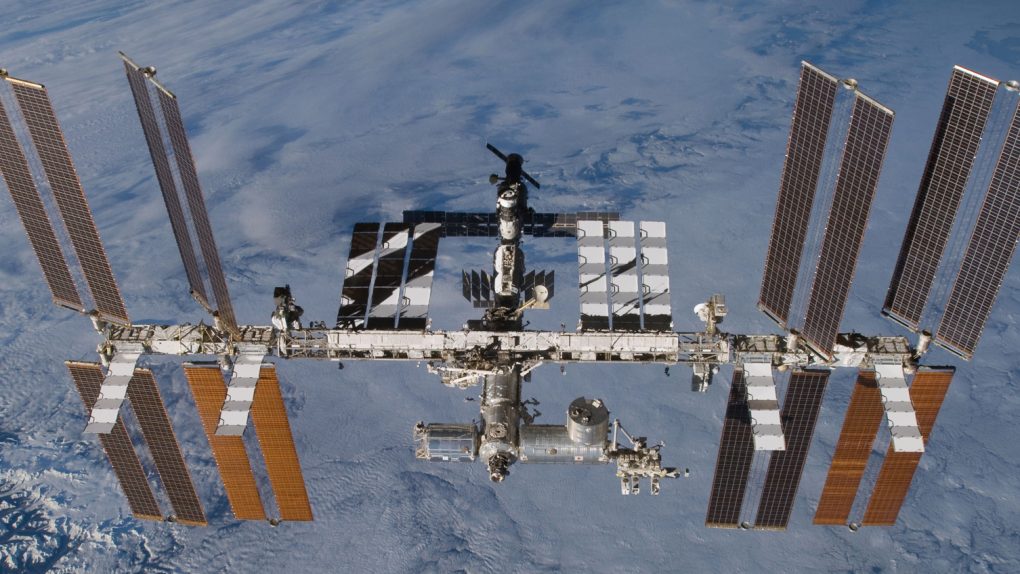- Astronauts that traveled to the International Space Station back in April will be coming back to Earth this week.
- The three-person crew will return to Earth in a Russian Soyuz spacecraft and land in Kazakhstan.
- The crew is likely to be isolated after returning to Earth to ensure they aren’t infected with the coronavirus.
When NASA’s Chris Cassidy joined Russia’s Anatoly Ivanishin and Ivan Vagner on a trip to the International Space Station back in early April, the coronavirus pandemic was already raging in the US and across the globe. Incredible precautions had to be taken to ensure that the crew was safe and healthy ahead of their journey, since coming down with a case of viral pneumonia in space is a recipe for disaster.
Now, after spending many months orbiting a planet that is struggling to beat a public health crisis more serious than any in recent memory, the trio is coming back down, whether they want to or not.
Now, I won’t presume to imagine what astronauts feel on an emotional level when it’s time for them to return to Earth. Are they excited to come back home? Do they wish they had more time in space? The answer likely varies from person to person, but in the case of these three space travelers, you have to think that living in space probably feels like a great alternative to dealing with all the stuff the rest of us are having to tackle on a daily basis.
Nevertheless, the three scientists will depart the ISS on Wednesday afternoon and ride the Russian Soyuz spacecraft back down to Earth where they are expected to land at just before 11 p.m. ET in Kazahstan, which is where Russia traditionally brings down its cosmonauts.
Once they’re back on Earth, the crew will go through the usual procedure for travelers returning from space, including a recovery period so that they can get used to things like gravity again. Eventually, Cassidy will fly back to the United States. The trio will have completed nearly 200 days in space, which is over 3,100 orbits of Earth. According to CNN, that’s roughly 83 million miles of space travel while the crew worked, ate, and slept aboard the space station.
It’s unclear what special precautions the crew will face once they make it back to Earth, but considering the extreme measures that NASA and Russia’s Roscosmos space agency took ahead of the launch, it’s likely that the process will be a little bit different. Since the crew will be back on Earth, there’s no risk of them carrying the virus into space, but space agencies tend to be very, very careful when it comes to the health of their astronauts, so it wouldn’t be a surprise if the crew is isolated from just about everyone in the days following their return.







